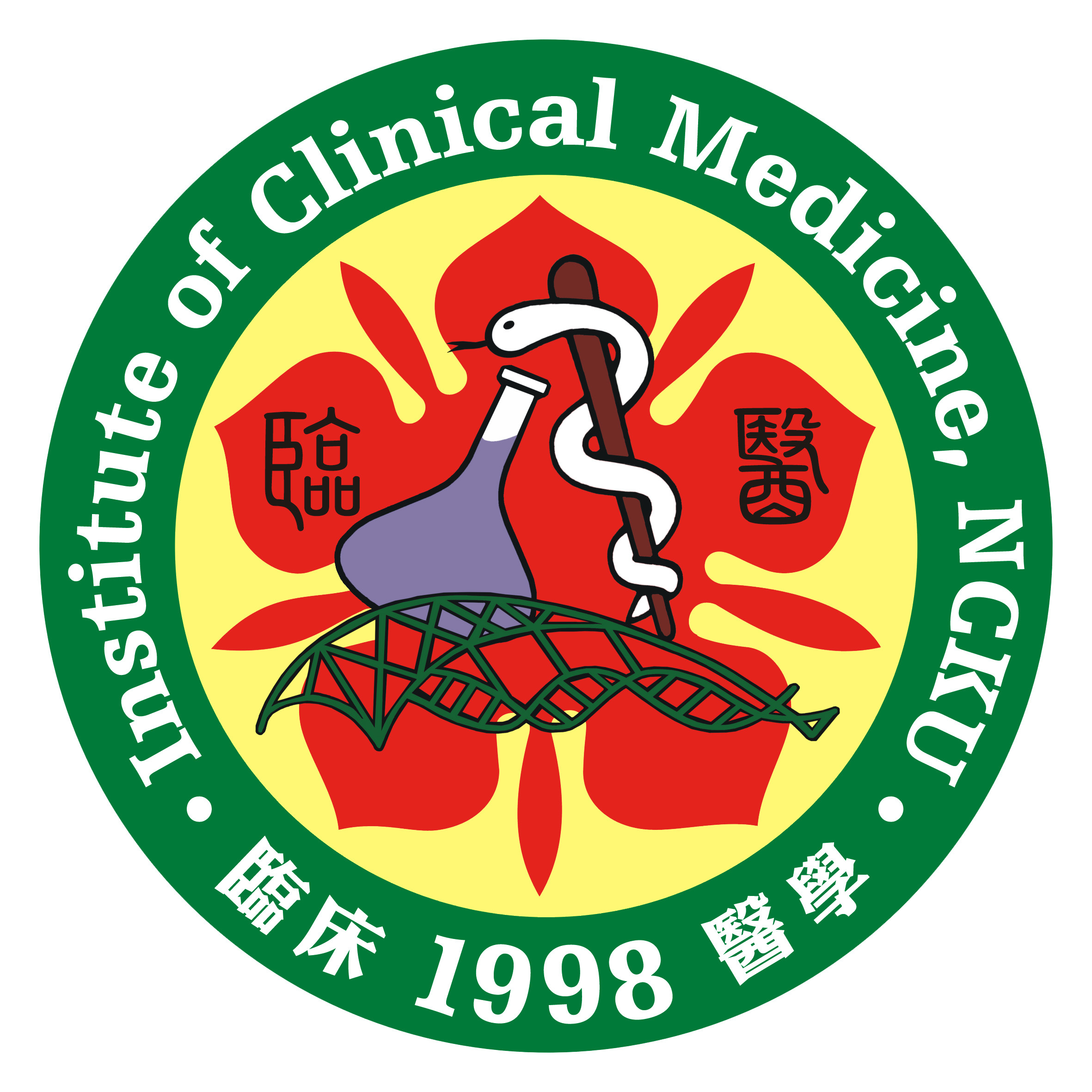蔡曜聲 老師, CD248 deficiency promotes angiotensin II-induced aortic lesion by attenuating receptor stability in smooth muscle cells., Clin Transl Med . 2025 May;15(5):e70352.
Abstract
Background: Abdominal aortic aneurysm (AAA) is characterized by progressive dilation of the abdominal aorta that has a high prevalence of death due to aortic rupture. The hallmark of AAA is severe degeneration of the aortic media with the loss of vascular smooth muscle cells (VSMCs), the main source of extracellular matrix (ECM) proteins. CD248 was originally implicated in angiogenesis and tumourigenesis, but its role in the development of AAA remains unclear.
Methods: Mice lacking CD248 (Cd248-/-) were generated and evaluated for angiotensin II (Ang II) and high-cholesterol diet feeding induced AAA. Loss-of-function approaches in A7r5 and C3H10T1/2 cells were used to study the involvement of CD248 in the Ang II signalling.
Results: CD248 expression was upregulated in the media and adventitia of patients and mice with aortic aneurysm. CD248 deficiency in mice exacerbates Ang II-induced aortic lesion along with severe disruption of elastic fibres and the VSMC layer. Interestingly, while compensatory ECM deposition was found in the aortic lesion of Cd248-/- mice, collagen I content and p38 activation were significantly attenuated. Silencing of CD248 in VSMCs downregulated mitogen-activated protein kinase activation and ECM production. Loss of CD248 in VSMCs destabilized the membrane receptors for Ang II and platelet-derived growth factor (PDGF), and the C-terminal cytoplasmic domain of CD248 is apparently involved in this interaction.
Conclusions: The findings reveal that CD248 regulates the stability of the membrane receptors for Ang II and PDGF in VSMCs to transduce signals for collagen production in combating the loss of aortic wall strength during vascular remodelling.
Key points: CD248 reduces the occurrence of angiotensin II (Ang II)-induced aortic lesion by facilitating collagen production to provide load-bearing properties to the aortic wall. CD248 regulates the stability of the membrane receptors for Ang II and PDGF in VSMCs. The C-terminal cytoplasmic tail of CD248 is a crucial domain that potentially regulates the stability of Ang II and PDGF receptors. This knowledge can enhance our understanding of how abdominal aortic aneurysm (AAA) can be treated through CD248-mediated signaling to maintain aortic wall strength during the remodeling process.
Keywords: CD248; PDGF receptors; angiotensin II receptors; aortic aneurysm; collagen; vascular smooth muscle cells.
